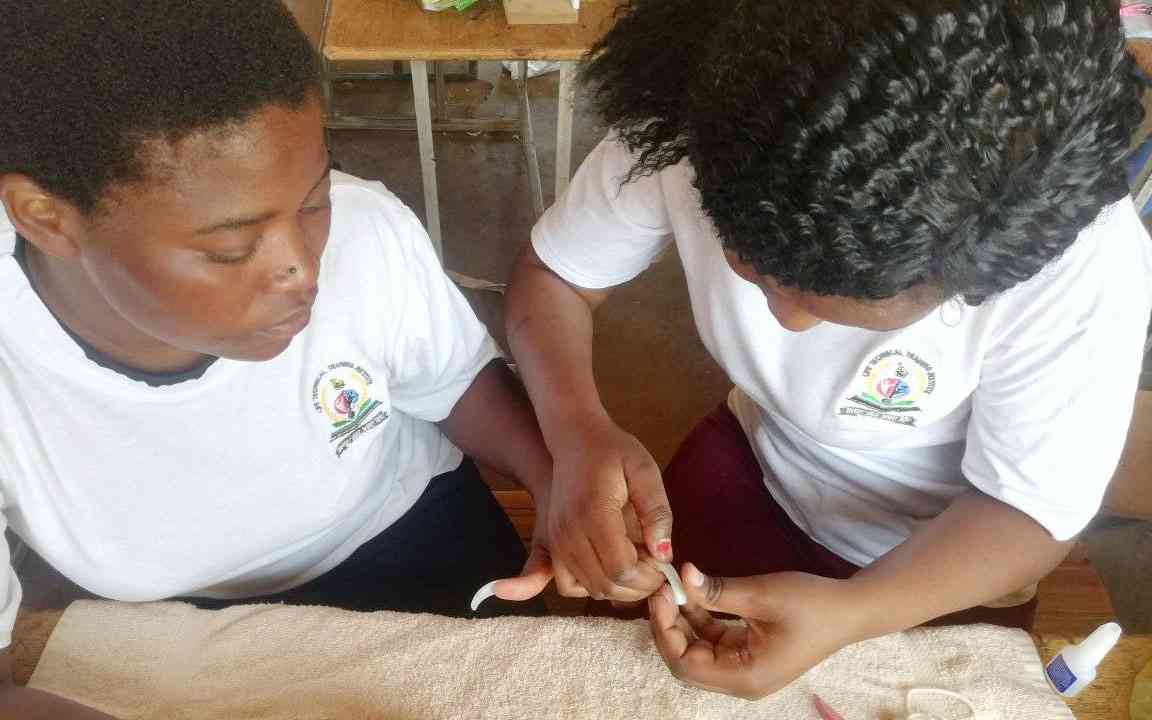
In today's interconnected world, the significance of native language in education and public health cannot be overstated.
While English language proficiency has become a benchmark for global communication, intelligence and eloquence are not directly correlated with language proficiency.
Notably, countries that prioritize native language education, such as China and Japan, have achieved remarkable success, with GDPs exceeding US$15 trillion and US$4 trillion, respectively.
In fact, native language instruction yields numerous benefits, including improved academic outcomes.
Research consistently shows that students receiving instruction in their native language tend to outperform their monolingual peers in reading comprehension, writing, and standardised tests whereas, learning in one's native language enhances cognitive abilities such as problem-solving, critical thinking, and multitasking.
Moreover, bilingual children demonstrate better planning and organisation skills, task-switching, and inhibitory control compared to monolingual children, leading to better academic performance and increased creativity.
For example, Finland's education system exemplifies the success of native language instruction, with students taught in Finnish or Swedish achieving excellent academic outcomes and consistently ranking high in international assessments like the Programme for International Student Assessment (PISA).
PISA is a worldwide study that evaluates education systems based on 15-year-old students' performance in reading, mathematics, and science literacy.
- Experts downbeat as Ncube cuts GDP forecasts
- New perspectives: De-link politics from Zim’s education policies
- Experts downbeat as Ncube cuts GDP forecasts
- New perspectives: De-link politics from Zim’s education policies
Keep Reading
Similarly, Sweden's bilingual education system supports both Swedish and minority languages, promoting cultural diversity and improving academic outcomes for students from diverse backgrounds.
This approach enables students to connect with their heritage and develop a deeper understanding of their cultural identity.
More so, prominent figures in countries like China often prefer to use their native language when speaking on public platforms.
They engage interpreters or translators to ensure their message is conveyed accurately and effectively.
This approach highlights the importance of native language in communication, even among highly educated and influential individuals.
Research suggests that some teachers in different schools face challenges in teaching complex concepts in English, particularly in subjects requiring nuanced explanations.
Therefore, teaching in native languages can alleviate this issue, by enabling teachers to clearly express concepts and facilitate deeper understanding among students.
Evidence also shows that high-achieving students in Ordinary Level may excel in English language with distinctions yet struggle with other subjects, highlighting that eloquence in English is not directly correlated with intelligence or academic ability in other subjects.
Historically, the emphasis on English language proficiency has its roots in colonialism, where language was used as a tool to shape the mindset of the colonised, often prioritising the coloniser's language over native languages.
This legacy leads to devaluation of native languages and misalignment of education systems with local cultures.
As such, giving first preference to native language education is essential for reclaiming and preserving cultural heritage, thus promoting a more inclusive and equitable education system.
In public health, effective communication is crucial, and using native languages significantly improves health outcomes.
When patients communicate confidently in their native language, they are more likely to understand medical information and adhere to treatment plans. In fact, the Bible illustrates the power of native language in communication, as seen in Acts 2:1-47, where the disciples received the Holy Spirit and spoke in native languages, enabling people to understand and respond to the message.
According to Acts 2:41, approximately 3 000 people repented and were baptised after hearing the gospel in their native language.
This biblical account demonstrates the impact of native language in training institutions, where effective communication leads to better health outcomes, enhanced understanding, and improved health literacy.
Most importantly, valuing and recognising the use of native language will create a more inclusive and diverse society where individuals thrive and reach their full potential.
In conclusion, native language should be recognised in education as a crucial step towards promoting inclusive development and improving various aspects of society.
The benefits of native language instruction are multifaceted, ranging from improved academic outcomes and cognitive development to better health outcomes and increased patient satisfaction.
This further empowers individuals to express themselves confidently and authentically, leading to a brighter future for all.
Therefore, embracing native languages will also unlock the full potential of our diverse linguistic heritage and drive social and economic development.
In fact, let us work together to promote native language education and create a more inclusive and prosperous society.
*Clever Marisa (PhD) is a social scientist and public health practitioner. The views expressed here are his own and do not necessarily reflect the views of his affiliated institution or any organisation.











